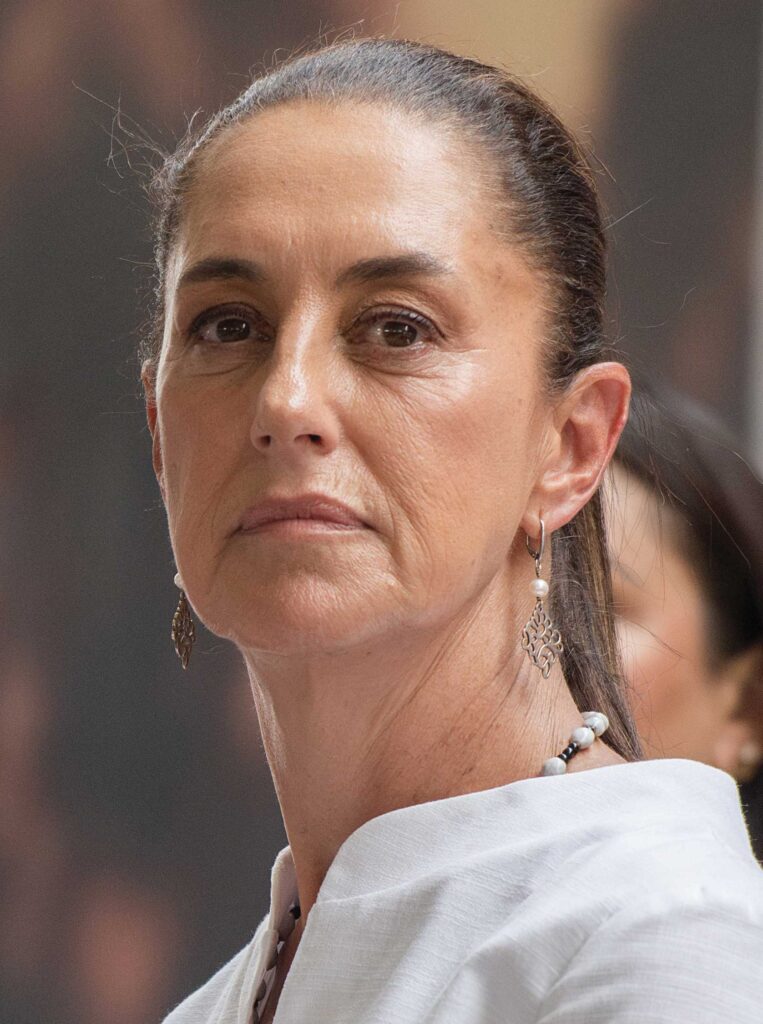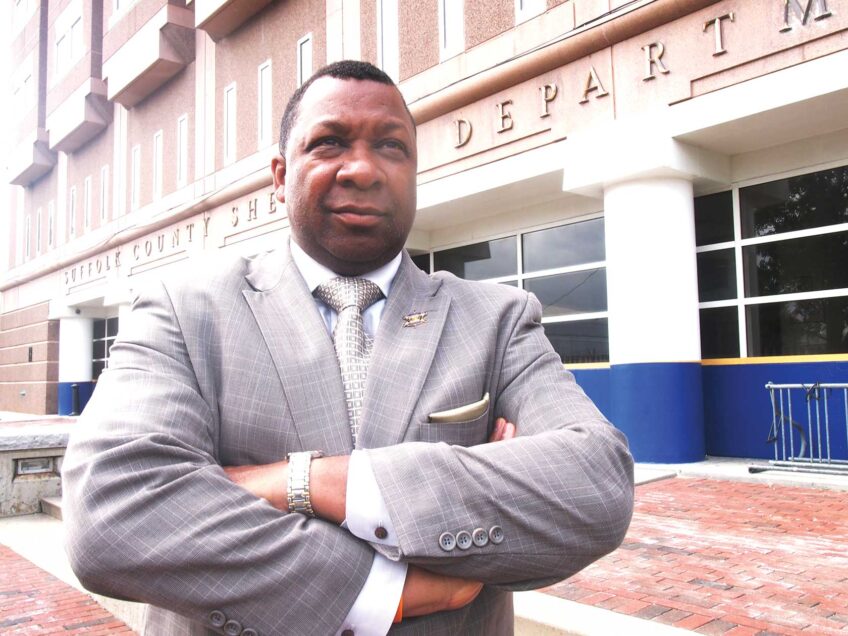Historic election of Claudia Sheinbaum as Mexico’s first female and Jewish president

The election of Claudia Sheinbaum marks a historic moment in Mexico’s history. But beyond her elevation as the nation’s first woman and first Jewish president is the question of whether she will be able to curb cartel-related corruption and violence in Latin America’s second-most populous country.
Sheinbaum, an award- winning physicist and environmental engineer, served as mayor of the Tlalpan borough and in 2018 was elected as the head of government of Mexico City. The 61-year-old lifelong leftist and member of the National Regeneration Movement, or the Morena Party, was mentored by the outgoing President Andrés Manuel López Obrador. She is viewed as a more pragmatic and data-driven candidate within the party launched by Obrador.
Although her campaign was largely aided by her predecessor’s charismatic nature and impact on public opinion, she also inherited deep-rooted challenges AMLO oversaw during his time in office, particularly the erosion of democracy within Mexico.
Sheinbaum’s campaign largely focused on addressing issues such as social equality, high rates of violence, and environmental stability. Her tenure as mayor of Mexico City places her at the forefront of addressing one of Mexico’s most persistent issues, both the influence and violence brought forth by drug cartels. Sheinbaum won with 58-60% of the vote, while Xóchitl Gálvez, representing the National Action Party, had 26-28%.
Following her victory, Sheinbaum spoke at a downtown hotel in Mexico City. “We have demonstrated that Mexico is a democratic country with peaceful elections,” she said after her opponents conceded.
While cartels are mostly known in the U.S. for their trafficking of drugs, weapons and humans, organized crime units in Mexico have influence that extends into both local and federal governments. The criminal organizations have come to control entire business operations and even worked to distribute necessary supplies during the height of the Coronavirus pandemic.
When asked about her plans to address cartel violence if elected, Sheinbaum said, “We will double the number of federal investigators to 8,000, increase the number of National Guard troops to 150,000, decrease impunity through judicial reform, and create youth education and community programs.”
She often cites the falling homicide rate in Mexico City during her time in office as a way to signal that her security policies are effective and coordinated. The homicide rate in Mexico City fell by 50% from December 2018 to June 2023.
Concerns also lie in Sheinbaum’s ability to differentiate herself from her predecessor, as many fear this historic election will not bring about legitimate change, especially for the millions in poverty. Furthermore, many are curious about AMLO’s future involvement in politics. As the founder of Morena, it remains uncertain whether he will step away from politics or continue to exert influence over Sheinbaum, a common occurrence in Latin American politics. Additionally, it is yet to be seen if Sheinbaum can maintain the high approval ratings that AMLO enjoyed.
“Given the magnitude of the victory, it is very clear that this is, as the president himself said, a referendum. It is a message from the electorate saying, ‘you are doing well, follow him,’ so there is no reason why Claudia has to change course,” said Marco Oviedo, senior strategist for Latin America at XP Investments.
On June 3, López Obrador announced that current Treasury Secretary Rogelio Ramírez de la O would continue in his role through the Sheinbaum administration, despite saying that he would not interfere with her administration. “I do not aspire to be a ‘moral leader,’ a ‘maximum boss,’ a ‘caudillo,’” Lòpez Obrador said, seeking to downplay his role going forward.
The coronavirus pandemic highlighted Sheinbaum’s ability to separate from the economically focused current president, who made efforts to downplay the pandemic on a national scale. Sheinbaum, however, limited business hours and expanded Mexico City’s testing procedures while publicly encouraging the use of masks and social distancing.
The focus will also be on what Sheinbaum’s plan is for returning Pemex, the state-run oil enterprise that has been declining due to huge debts and falling production rates. It is a critical entity in Mexico’s economic and political landscape. “It cannot just be that there is an endless pit where you put public money,” Chief Latin America economist at Goldman Sachs, Alberto Ramos, said of the company.
According to the National Survey on Quality and Government Impact (ENCIG), approximately 15.7% of Mexicans reported experiencing one act of corruption when interacting with public officials and 59.2% felt as though the law enforcement officers they had contact with were also corrupt.
Despite a lack of confidence regarding Sheinbaum’s policies, her election is nevertheless groundbreaking for both Mexican and global politics. In 2014, Mexico passed a law that required gender parity in legislative candidacies, mandating that 50% of candidates for federal and local legislatures be women. Since then, Mexico has been making progress toward becoming one of the leading countries in terms of female legislative representation.
Claudia Sheinbaum also comes from a Jewish heritage, making her one of the few prominent Jewish politicians in a predominantly Catholic country. Sheinbaum represents a historic achievement and serves as a symbol of progress for religious minority representation in Mexican politics.






